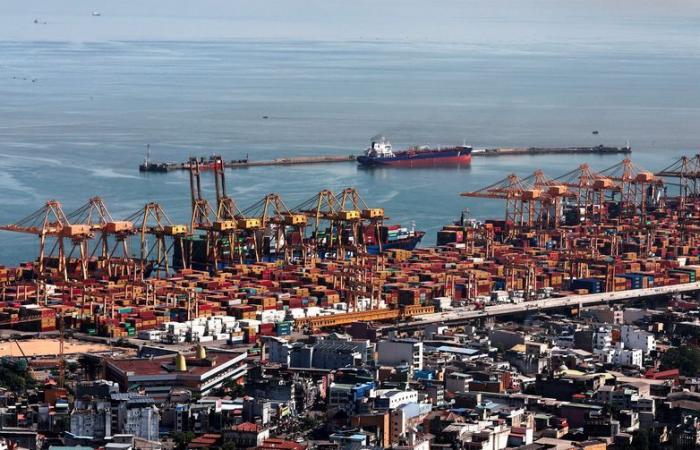The risk of a debt crisis that has clouded the global economy for four years is beginning to fade, the Paris Club of wealthy creditor countries said in its 2023 annual report on Wednesday.
A series of defaults, from Zambia to Sri Lanka, began in 2020 when the COVID-19 pandemic triggered a series of economic shocks that continued last year with the fallout from Russia’s war in Ukraine and rising global interest rates have added pressure on the fragile finances of many poor countries.
Today, the group says the tide is turning, even as debt restructuring negotiations loom in countries like Ukraine and deadly protests erupt in Kenya following increases taxes aimed at reducing the public debt.
“The specter of another major debt crisis is slowly receding,” the group said in a report released on the sidelines of its annual meeting in Paris.
“But vigilance remains necessary at a time when many borrowers face large external repayments, limited budgetary room for maneuver and significant investment needs.
The Paris Club, which brings together 22 official creditor nations, said the return of sub-Saharan African countries to Eurobond markets this year, the stabilization of debt levels in low-income countries and the potential peak of global interest rates gave cause for optimism.
However, several concerns lurk between the lines of the report, including whether the mechanism used to coordinate debt negotiations for the world’s poorest countries – called the “common framework” – is fit for purpose.
Global rating agency S&P, in a contribution to the report, also raises concerns over the issuance of African Eurobonds which the Paris Club sees as a reason for optimism.
S&P’s Roberto Sifon Arevalo said countries around the world would have to issue a “concerning level” of debt close to $11.5 trillion.
Ukraine, whose financial fortunes remain precarious after the failure of its debt restructuring proposal earlier this month, is only mentioned in one table in the report’s 99 pages. The country was not on the meeting’s agenda, a Paris Club official said.
CHINE COMPLICATIONS
The report also discusses the Paris Club’s efforts to make debt negotiations more transparent, including through its data sharing initiative with the World Bank for 2023, which the report says allows the Bank to carry out large-scale reconciliation exercises.
But the World Bank’s Manuela Francisco also warned that blurred lines between creditor groups – with more state-controlled lenders charging interest rates above 5% to low-income countries – continued to strain on their finances.
China, which has become the largest bilateral lender to a range of low-income countries, has a complex web of lending through state-controlled entities that the world has struggled to unravel.
Xuan Changneng, deputy governor of the People’s Bank of China, did not renew Beijing’s demand that multilateral lenders take losses on their debt, but urged them to provide more grants and loans with a “level of concessionality higher”.
“They must do more to help countries in debt distress,” he wrote.
The report also states that discussions are ongoing between Ethiopia and the International Monetary Fund. Official creditors have suspended Ethiopia’s debt payments until it reaches an agreement on a program from the fund.
“The secretariat hopes that Ethiopia and the IMF will be able to reach an agreement on the terms of a program during the year 2024. (Reporting by Libby George and Karin Strohecker, editing by Tomasz Janowski)






